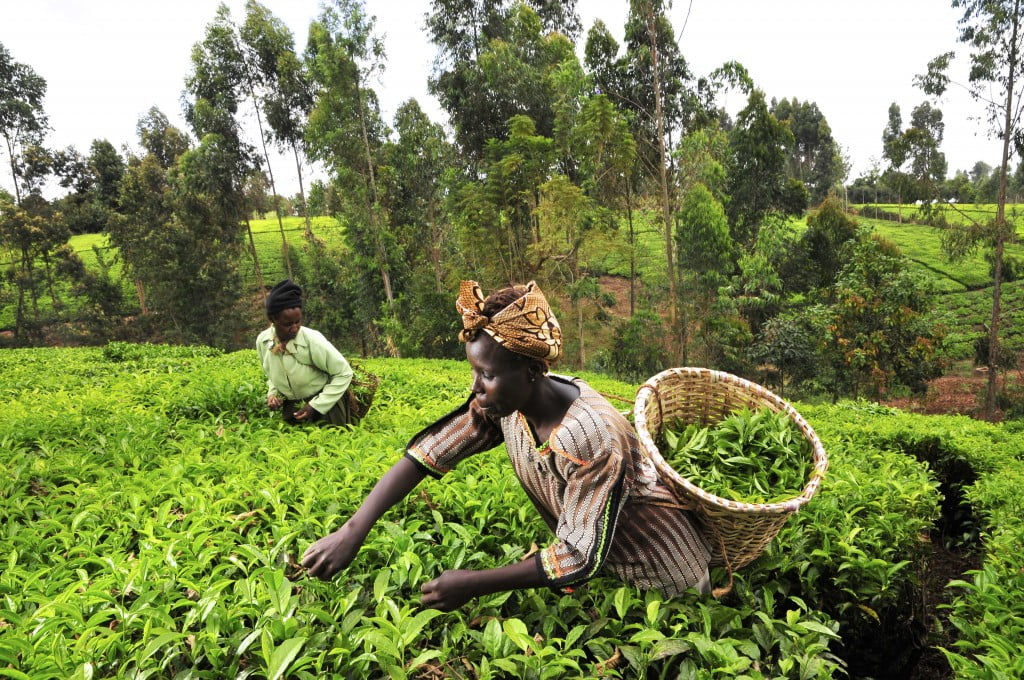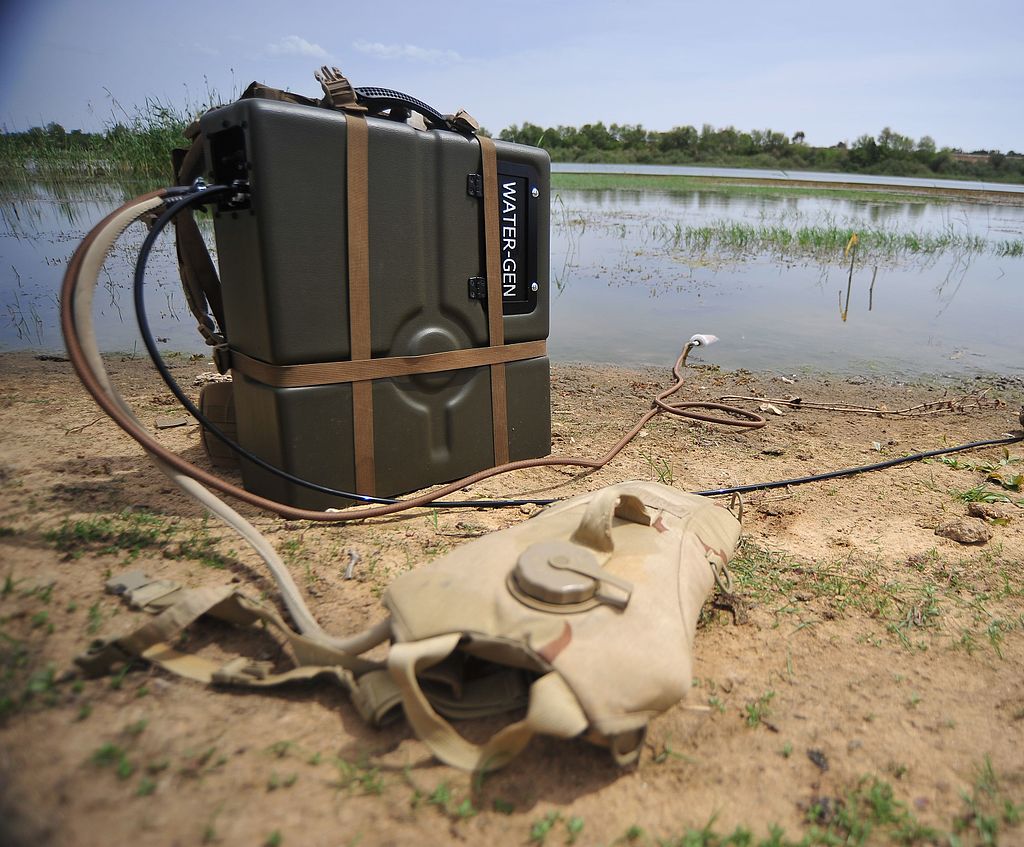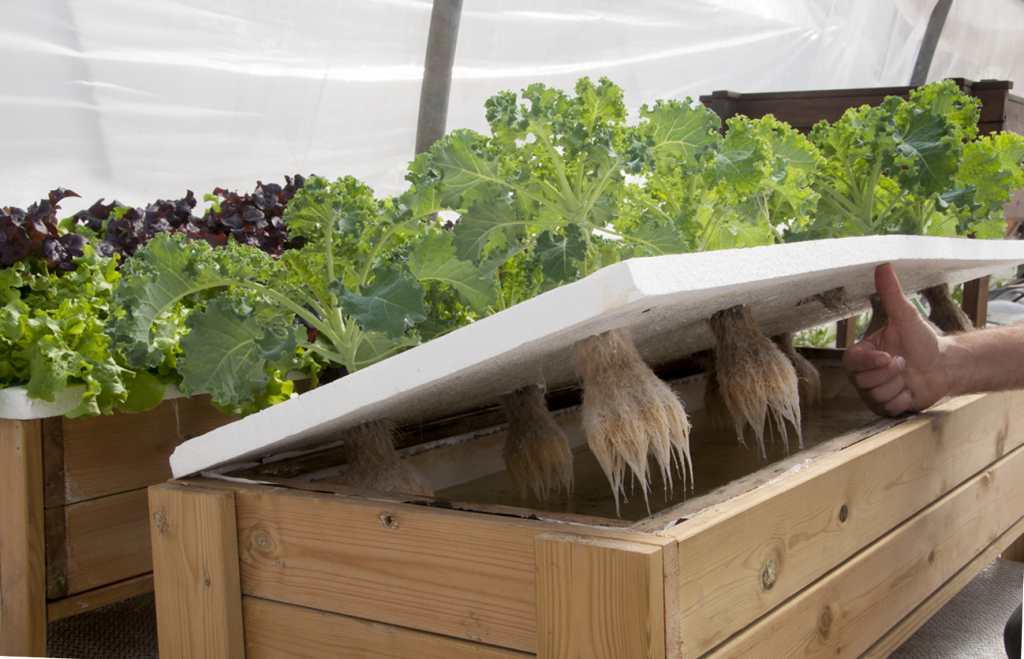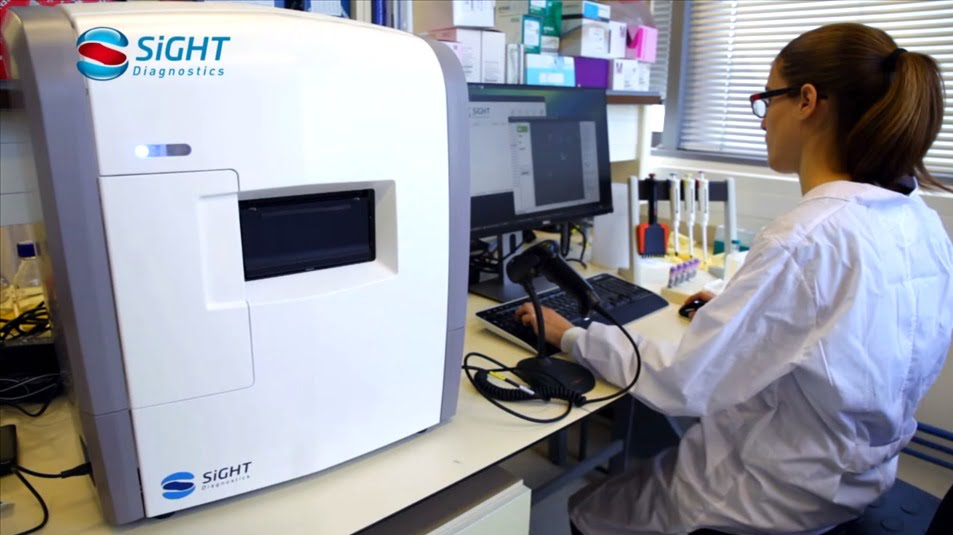Israeli innovation has long been the center of attention – products like the USB flash drive or the electric epilator, as well as apps like Waze and Viber, are used by millions of people around the world. However, Israeli-developed technologies that help rural societies in Africa don’t always receive the attention they deserve, even though they’re saving the lives of millions.
“Working with and for developing countries is an enormous moral and economic opportunity,” said Dr. Aliza Belman Inbal, director of the Pears Program for Global Innovation at Tel Aviv University, which works to increase Israel’s contribution to international development through technology-based solutions. She spoke at the recent Pears Challenge event titled ‘Can Innovation Transform Africa,” held on the Google campus in Tel Aviv.
According to Inbal, “Israeli startups are developing products that will have a meaningful impact on the people who need them the most.”
Turning air into water
Among several issues people living in Africa have to face, the lack of access to clean water is probably the first on the list. According to the United Nations, more than 783 million in Sub-Saharan Africa live in water-stressed environments – a figure that several Israeli companies are trying to lower.
SEE ALSO: These Israeli Companies Fight World Hunger With Innovative Technologies
Rishon LeTsiyon-based company Water-Gen has developed a new way to extract water molecules from thin air. The generators can ‘suck in’ water from the ambient air humidity and separate it from dust and dirt through unique air filters. One unit of this system produces 5 to 20 gallons a day of clean drinking water, even in very dry weather conditions. The company has also developed a battery-powered device that can purify lake water, generating up to 57-63 gallons of pure water per single battery.
Originally designed for the defense sector, these water-from-air generators have recently been adapted to civilian use, with the aim of addressing the ongoing water shortage in developing countries. Such units could be used in locations where municipal water does not exist or is unsafe to drink.
IDE Technologies, the Israeli specialist in desalination facilities and industrial water treatment, is adapting its solutions to the African market. The company, which has already built desalination plants in Israel and in California, has developed special units powered by solar energy that have the potential to provide desalinated water to entire municipalities at a low cost.
“Economies will not be able to step forward without a solution to water scarcity, and one of the solutions is going to be desalination,” CEO Avshalom Felber told Bloomberg News. Research from the World Health Organization reinforces Felber’s point: For every $1 invested in water and sanitation, there is an economic return of between $3 and $34.
Ensuring food security
Agriculture is another area in which Israeli innovation is being deployed. Irrigation and harvesting are often left in the hands of individual farmers and very seldom are automated. Such lack of infrastructure means that farmers need ready-to-use tools in order to make the cultivation of crops more efficient.
Sign up for our free weekly newsletter
SubscribeIsraeli designed GrainPro Cocoons, for example, are helping farmers to recoup post-harvesting losses, a problem that afflicts 50 percent of the crops in Sub-Saharan Africa. Most farmers in developing countries consume what they produce and store their crops in straw baskets or canvas bags, leaving them vulnerable to insects and mold. First developed by Prof. Shlomo Navarro, these large storage bags keep water and air out, and protect the grains from humidity and bacteria.
SEE ALSO: Can Vertical Gardens End World Hunger?
Another Israeli company, LivinGreen, provides inexpensive, self-sustaining and environmentally friendly hydroponics devices, which allow farmers to grow vegetables without the need of fertile soil. According to the company, a single unit can provide for a family of five; if chained together, multiple units can be enough for a whole village.
Improving health
Though malaria mortality rates have declined dramatically in the last 15 years, the World Health Organization estimates that the disease is still responsible for 438,000 deaths annually.
SEE MORE: Breakthrough Israeli Research Improves HIV/AIDS Treatment, Could Lead To Cure
While many medical and life-science companies have veered away from treating malaria because the research and development costs outweigh commercial returns, Israeli startup Sight Diagnostics has made its malaria solution a flagship product. Using computer vision algorithms, the company’s ‘Parasight Platform’ can determine within three minutes if a patient’s blood contains the malaria parasite. This high throughput device automates most of the process of taking and testing blood samples, delivering quick and accurate results for people in areas afflicted by the disease.
Founded in 2011 by CEO Joseph Joel Pollak and developed by a team of Israeli biologists, software experts and engineers, the company has so far raised $6 million from Israeli crowdfunding firm OurCrowd, investment group Clal Bio and VC fund Innovation Endeavors, founded by Google chairman Eric Schmidt.
If innovators continue to develop devices that can be easily deployed to rural communities, such technologies can be scaled and distributed to developing countries across the globe, ultimately advancing the wellbeing of millions of people.
Photos: CIAT; Barefoot Photographers of Tilonia; Water Gen; Living Box; Sight Diagnostics
Related posts

Editors’ & Readers’ Choice: 10 Favorite NoCamels Articles

Forward Facing: What Does The Future Hold For Israeli High-Tech?

Impact Innovation: Israeli Startups That Could Shape Our Future








Facebook comments